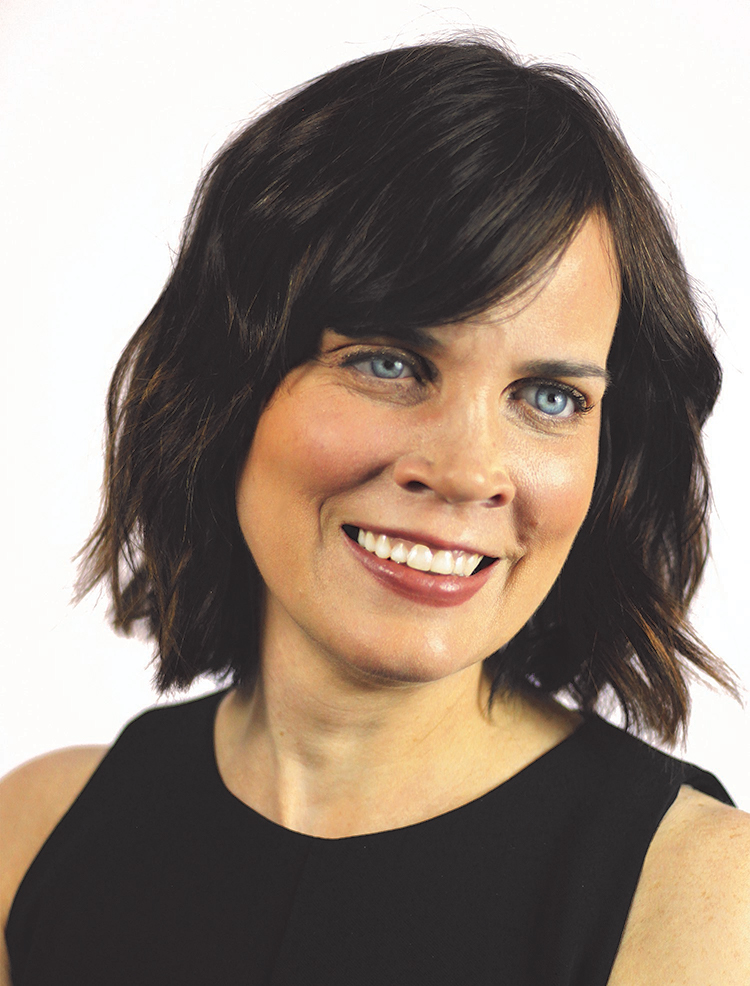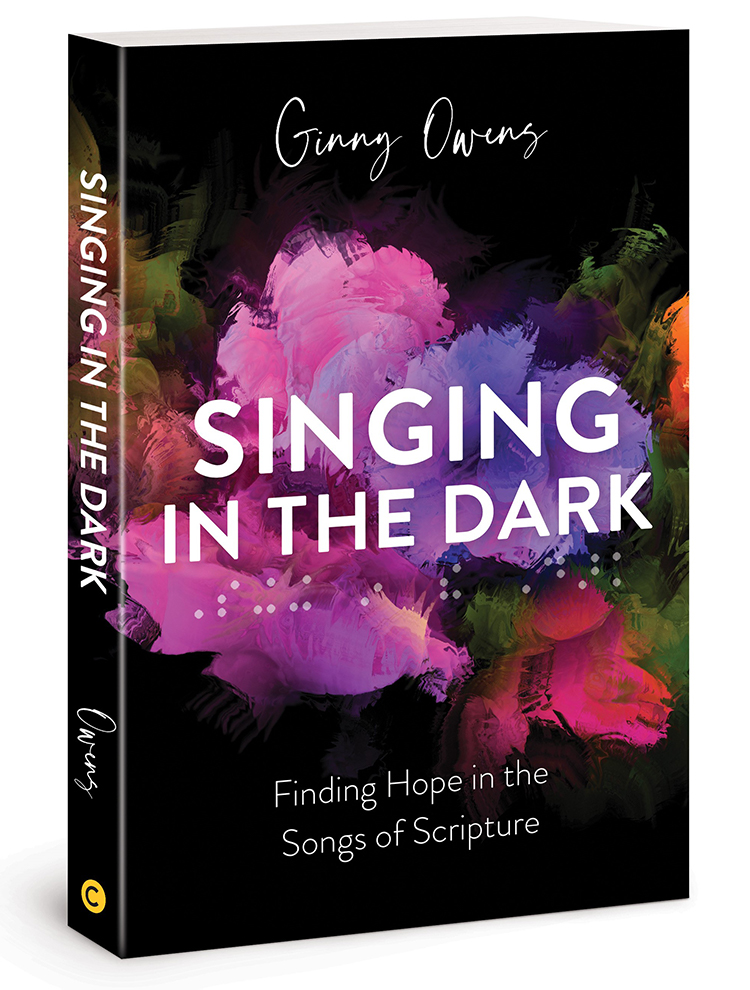
Jackson native’s book can help you learn a new song
Ginny Owens was born and raised in Jackson, attended Murrah High School and the Mississippi School for the Blind, and has developed a career as an award-winning Christian musical artist and speaker. Now she’s written her first book as sole author, “Singing in the Dark: Finding Hope in the Songs of Scripture,” releasing May 1. MCL Editor Katie Eubanks spoke with Ginny about how the book can help readers grow closer to Christ.
Katie Eubanks: What is the idea behind “Singing in the Dark”?
Ginny Owens: We all face some kind of darkness. For me (there’s been) a sense of knowing, especially as a child and a young person … that you’re different. But we all face darkness in our lives.
I lost my eyesight when I was 3 years old due to a degenerative eye condition. … my parents were great at making sure I got to do all the normal kid things. I climbed trees and rode my bike and roller skated. So I really didn’t realize I was different until I got to school … A lot of my songwriting (early on) was about that.
(In the book) we look at what I call songs from scripture. Some of them are songs, some are laments or prayers. We look at those for how to discover our own songs of hope in whatever circumstances.
The reason I think of it in terms of singing is because most of us, we love music to the degree that it requires something of us: We sing when we hear music, or we move to the beat. We remember the songs.
We have “songs” on repeat (in our heads). Whether those words are words of doubt or failure, there’s something on loop … The only way to have something else in our head is to learn a new song.
Each chapter we go through a different type of song. A song of inner peace, a song of praise. I share my own story … And then at the end of each chapter is a place for people to write their own songs if they want — which doesn’t have to be a song, but just whatever is on their heart.

KE: What are some of the specific biblical songs in the book?
GO: The song of praise is the story of Leah in Genesis 29. … Hannah sings a song of strength in 1 Samuel 1-2. We look at the song of Deborah and Barack in Judges 4-5. And then David, he has lots of songs.
(There are a few) that are less songs, but one is from Paul, in Philippians 4, and we think of Paul and Silas singing in prison. And Paul is in prison in Philippians 4, so I think of him singing these words about not being anxious.
KE: Many of the songs in the book are prayers. Lots of Christians feel unable or unworthy to pray. How would you say we can overcome that?
GO: (Look at) anyone in (the Bible) who is talking to God. … they hold nothing back.
The Psalms so often say, “Why are You doing this, Lord?”
So there is a sense in which we always have to go to God where we are. And I think if we start where we are, then we’ve made the first step.
I also find it very helpful to write down prayers … and things I’m thankful for. Because the more we write those things down and how God has answered them, the more we can see how He’s worked.
And then I think it’s partly how we look at God. … For our closest friends, we want to spend time with them, know what’s important to them, hear their advice, and be in their space. How much more with the God who made us? Instead of thinking of ourselves as having to fix ourselves up and go to Him, to look at Him as the Father who wants to hear from us.
KE: How have you been able to replace harmful “songs” in your head with God’s voice?
GO: (That has) worked out in memorizing scripture, and really having verses that I can pray when I’m not thinking straight. And even just praying, you know. Just knowing that that is a safe place.
You have to combat those voices, or they don’t let up. So whether it’s in remembering and repeating scripture, or whether it’s in prayer, or whether it’s even just hearing positive physical voices, so friends and community that care and that you can be honest with — because (the voices in our head are) so much louder for us when we’re alone. … So sometimes even when I don’t want to, I put myself in people’s space who can speak into my life.
(All of) that takes a little bit of effort, but it’s totally worth it.
“Singing in the Dark” can be purchased via Barnes & Noble, Amazon, ChristianBook.com and Mardel.com.